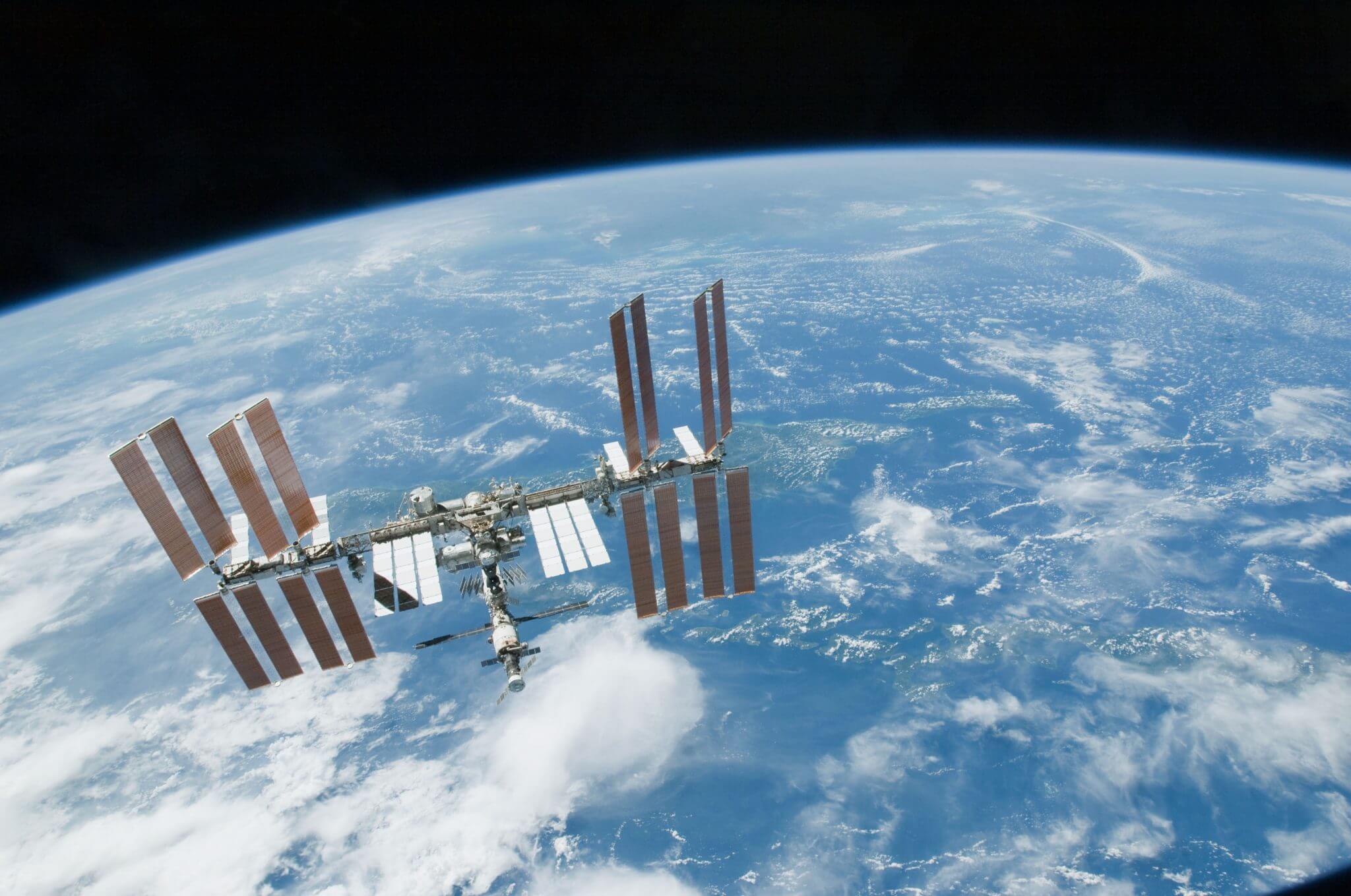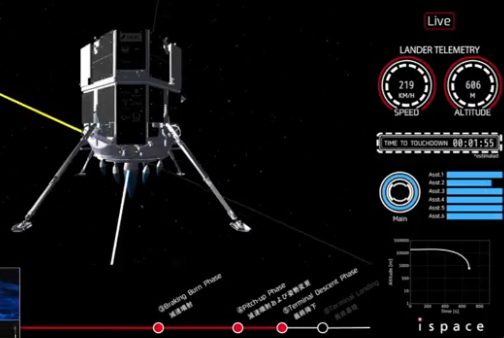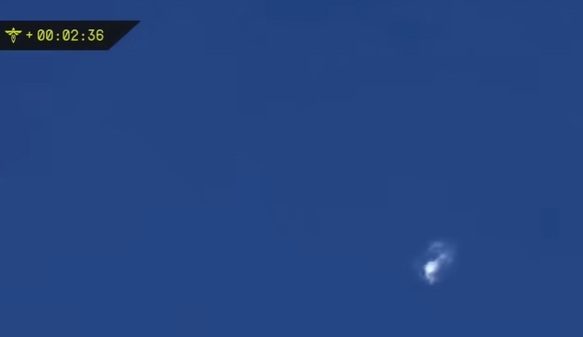There has been speculation that a Russian spy satellite has had a faulty re-entry and that parts of it may have landed on US soil. The Russian reconnaissance satellite, Cosmos 2495, is a YANTAR-4K2M design still using film to record imagery which was launched into low Earth orbit on 6 May 2014 on a Soyuz 2-1A launch from Plesetsk in Northern Russia.
During the spacecraft’s mission two re-entry SpK pods carrying exposed film are dropped off back to Russian authorities in Kazakhstan, leaving the final film and the camera itself to be re-entered later on the main spacecraft. The pod re-entries took place as planned in late June and early July. However, instead of the final main capsule’s planned landing in Kazakhstan at circa 0330 GMT on 4 September, it apparently re-entrered on 0430 GMT over Wymoming, USA.
Spaceflight101.com has images from Cloudbait Observatory of the skies taken over Guffey, Wymoming, which apparently show the re-entry. Other sources including space analyst and astrophysicist, Jonathan McDowell, concur with the theory that a faulty re-entry took place. McDowell and other orbital analysts suggest that an attempt to de-orbit the spacecraft on a southbound 0330 GMT pass over Russia was partly unsuccessful, causing the Cosmos 2495 satellite to enter a low perigee orbit. After seven more orbits, re-entry of the main capsule finally took place over US territory where it landed, thousands of kilometers off target.
Similar to the fictional account in the book and film, Ice Station Zebra (1968), there were actual races to recover spy satellite capsules during the Cold War. However, the main capsule of this mission has yet to be found – or if it has, this has not been revealed. As it is, Russian military space authorities have denied that a faulty re-entry ever took place.
By the 1972 Space Liability Convention, if any damage is done by falling space objects, then it is the launching state that is deemed liable. This happened when the Soviet nuclear-powered reconnaissance satellite, Cosmos 954, re-entered over Canada in 1978, leaving nuclear contamination on Canadian soil. As its owner and launching state, the then Soviet Union, had to pay for the clean up.
Sometimes launching states fail to pay up. Famously, the US State Department refused to pay a fine for “littering” after parts of the NASA Skylab space station re-entered and fell on the town of Esperance in Southern Australia. The Au$400 fine was paid in April 2009, when radio show host Scott Barley, of Highway Radio, raised the funds from his listeners and paid the fine on behalf of NASA.






